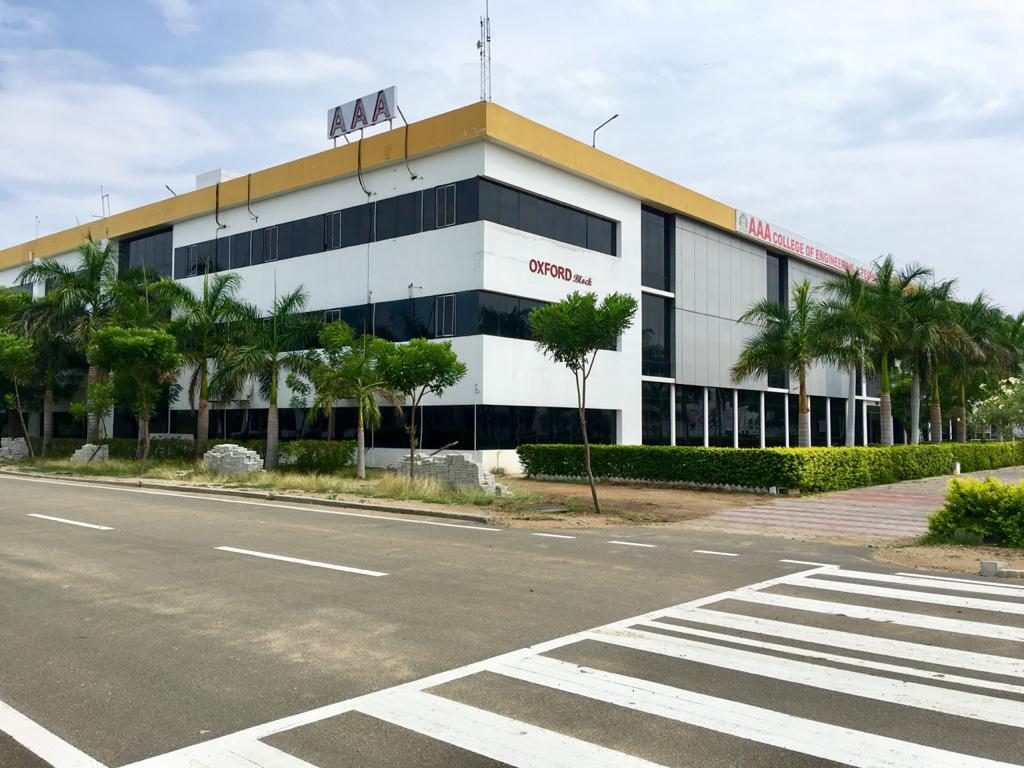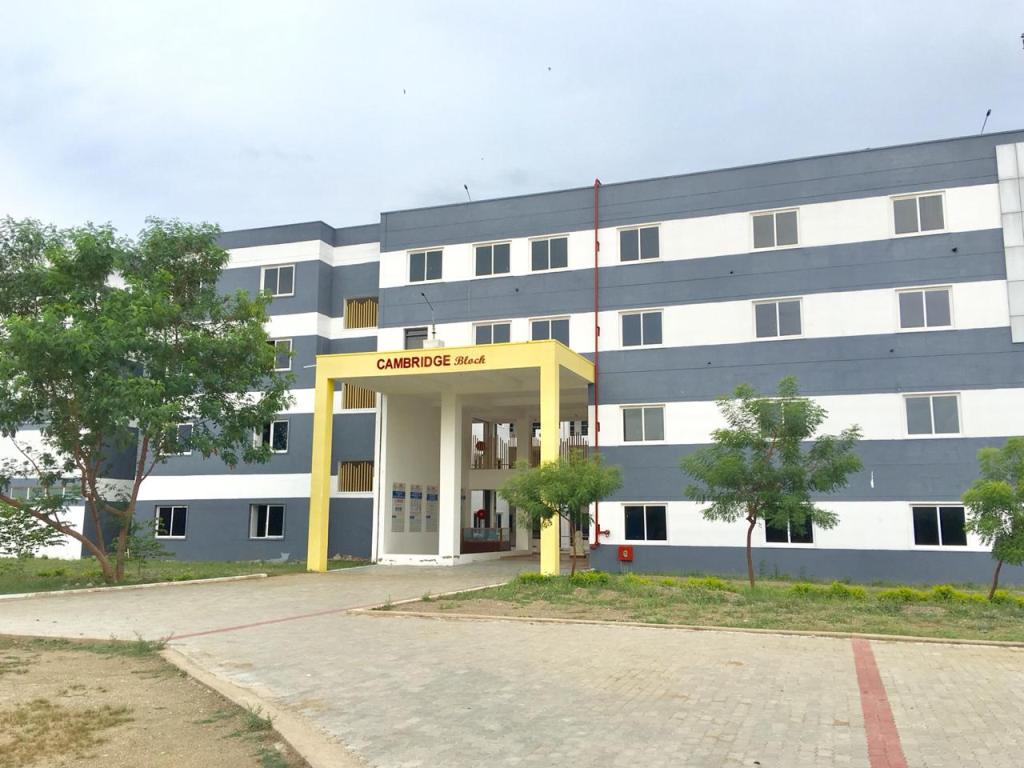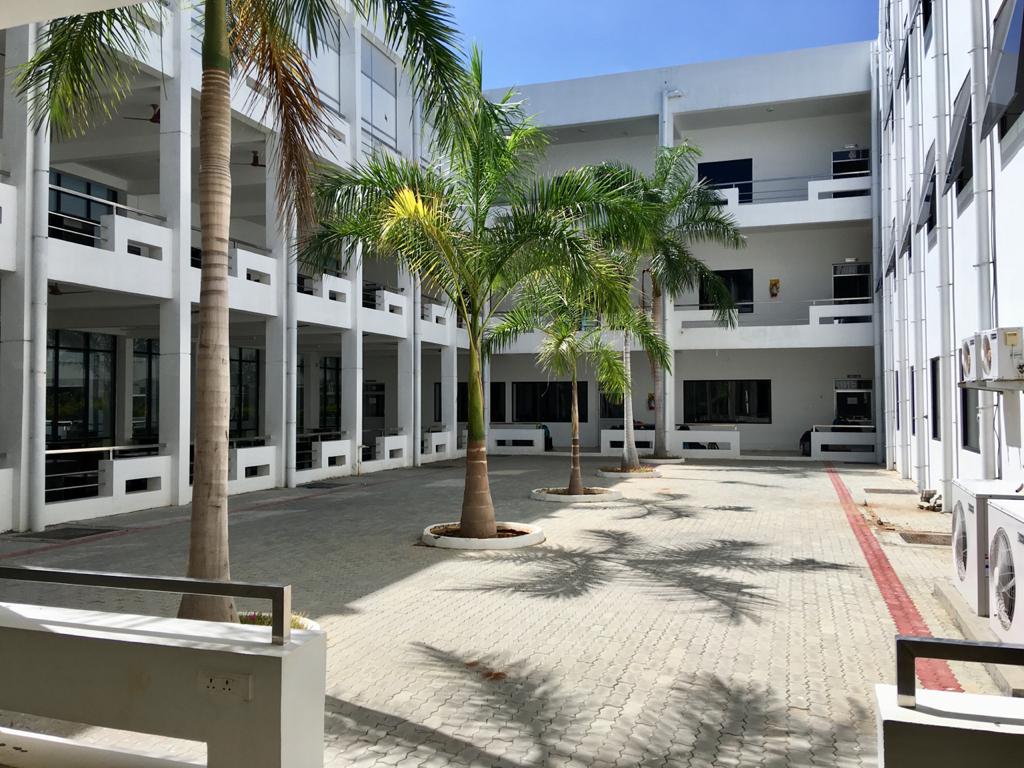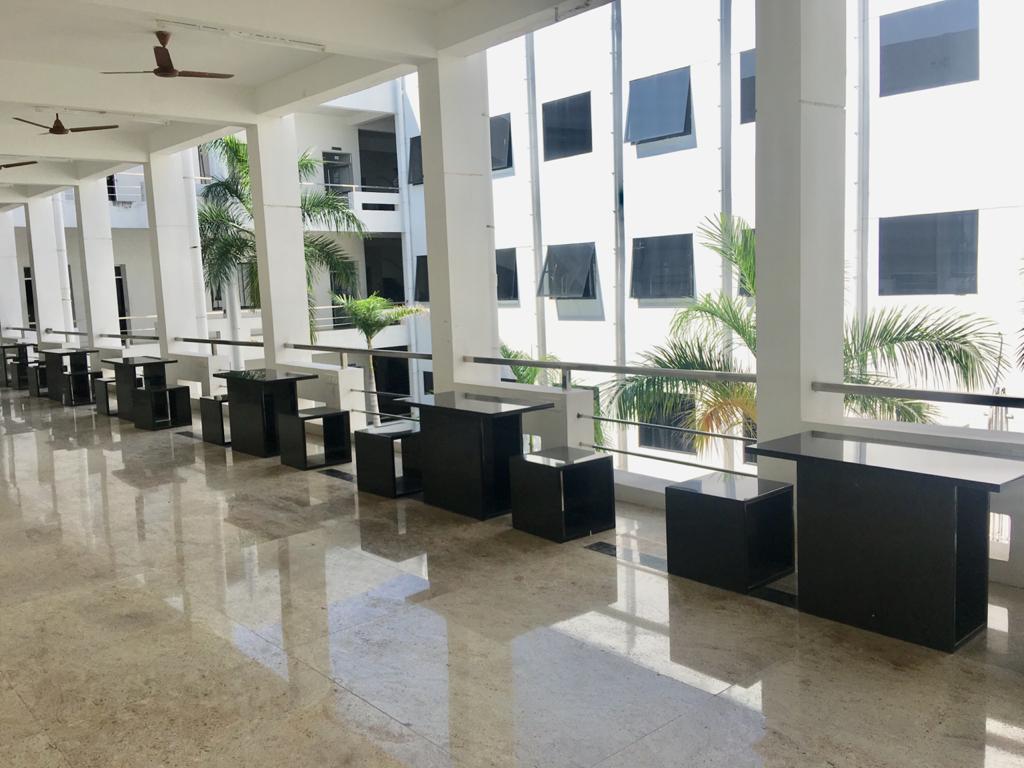Program Specific Outcomes (PSOs)
-
1
Basic Engineering Knowledge:
Graduates will apply the fundamentals of mathematics, computer science and engineering knowledge to understand, analyze and develop computer programs in the areas related to database, operating system, data structures, algorithms and networking for efficient design of computer-based systems of varying complexity.
-
2
Managerial & Application Skills:
Graduates will apply appropriate techniques and modern engineering hardware and software tools for the design and integration of computer system and related technologies for the advancement of technology and its implementation in multi-disciplinary environments.
-
3
Research Skill:
Graduates will apply the domain knowledge to provide optimized solutions by research and innovations in emerging fields of computer science and engineering leading to successful professional careers.
Program Educational Objectives (PEOs)
-
1
Graduates will become competent Computer Professionals by applying the knowledge of advanced computer concepts and recent tools to develop software in emerging technologies for the betterment of industries and society.
-
2
Graduates will have a successful career in Academics/ Research by enhancing their technical & communication skills through sustained learning.
-
3
Graduates will become Entrepreneurs / Software Consultants in the multi-disciplinary environment by having comprehensive experience and self-confidence.
PROGRAM OUTCOMES
|
PO-1 |
Engineering knowledge: Apply the knowledge of mathematics, science, engineering fundamentals, and engineering specialization to the solution of complex engineering problems. |
|
PO-2 |
Problem analysis: Identify, formulate, research literature, and analyze engineering problems to arrive at substantiated conclusions using first principles of mathematics, natural, and engineering sciences. |
|
PO-3 |
Design/development of solutions: Design solutions for complex engineering problems and design system components, processes to meet the specifications with consideration for the public health and safety, and the cultural, societal, and environmental considerations. |
|
PO-4 |
Conduct investigations of complex problems: Use research-based knowledge including design of experiments, analysis and interpretation of data, and synthesis of the information to provide valid conclusions. |
|
PO-5 |
Modern tool usage: Create, select, and apply appropriate techniques, resources, and modern engineering and IT tools including prediction and modeling to complex engineering activities with an understanding of the limitations. |
|
PO-6 |
The engineer and society: Apply reasoning informed by the contextual knowledge to assess societal, health, safety, legal, and cultural issues and the consequent responsibilities relevant to the professional engineering practice. |
|
PO-7 |
Environment and sustainability: Understand the impact of the professional engineering solutions in societal and environmental contexts, and demonstrate the knowledge of, and need for sustainable development. |
|
PO-8 |
Ethics: Apply ethical principles and commit to professional ethics and responsibilities and norms of the engineering practice. |
|
PO-9 |
Individual and team work: Function effectively as an individual, and as a member or leader in teams, and in multidisciplinary settings. |
|
PO-10 |
Communication: Communicate effectively with the engineering community and with society at large. Be able to comprehend and write effective reports documentation. Make effective presentations, and give and receive clear instructions. |
|
PO-11 |
Project management and finance: Demonstrate knowledge and understanding of engineering and management principles and apply these to one’s own work, as a member and leader in a team. Manage projects in multidisciplinary environments. |
|
PO-12 |
Life-long learning: Recognize the need for, and have the preparation and ability to engage in independent and life-long learning in the broadest context of technological change. |





